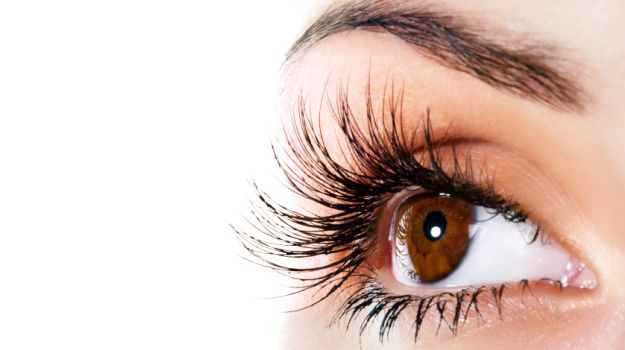One of the most common infections monsoon brings along is Conjunctivitis which is also known as the Pink Eye. Conjunctivitis is an infection of the conjunctiva, which is the layer outside the cornea surrounding the white area of the eye called the sclera. Know the symptoms and precautions.

Make sure you're aware about the symptoms and precautions for conjunctivitis
Bacterial Conjunctivitis
Common among children or neonates, bacterial conjunctivitis is called as Ophthalmia Neonatorum. The condition though curable if left untreated can be vision threatening. The infection produces copious amount of discharge creating discomfort in the patient.
Treatment - Viral conjunctivitis can be treated with medication within one week to 10 days' time. However, as this conjunctivitis becomes normal, it can involve the cornea in the form of Superficial Punctate Keratitis (SPK) which causes blurring of the vision but gradually settles down.
Allergic Conjunctivitis
Allergic conjunctivitis is very common in paediatrics which starts as early as 1-2 years of age. In fact, continuous itching and rubbing of the eyes can even lead to certain conditions called as Keratoconus.
Treatment for Allergic conjunctivitis - The condition can be treated with medication but there can be reoccurrence up to 14-15 years of age. However, some patients continue to take medication and thus develop an increased intraocular pressure or cataract. Hence it is very important to avoid self-medication and follow the doctor's instructions.
Viral Conjunctivitis
Typically called as Madras Eye, viral conjunctivitis is caused by Adenovirus. Adenovirus infections stay in the eye for as long as one week to 10 days. Symptoms will appear as Pink eye, Redness of the eye, Lid edema, Tearing, Gritty sensation, Severe itching, Presence of the mucoid discharge, Painful preauricular lymphadenopathy associated with a bloody discharge
Treatment - Bacterial conjunctivitis can be treated with topical antibiotic eye drops. Systemic antibiotics are used to prevent the cornea from getting involved.
Things to keep in mind if you catch the disease:
1. Do not touch your eye
2. Apply the drops and wash hands with soap immediately
3. Wipe the secretions with a tissue and make sure you dispose it immediately
4. Do not use a handkerchief which can be re-used
5. Do not use the medication used for one eye, for the other eye too (separate bottles should be kept for both the eyes to avoid cross contamination)
6. Make it a habit to wash hands frequently
7. Keep separate towels and do not share with others
8. Stay away from others as the infection spreads through secretion and not by seeing each other
(Dr. Soundari is a senior consultant at Dr. Agarwal's Eye Hospital)
DoctorNDTV is the one stop site for all your health needs providing the most credible health information, health news and tips with expert advice on healthy living, diet plans, informative videos etc. You can get the most relevant and accurate info you need about health problems like diabetes, cancer, pregnancy, HIV and AIDS, weight loss and many other lifestyle diseases. We have a panel of over 350 experts who help us develop content by giving their valuable inputs and bringing to us the latest in the world of healthcare.












